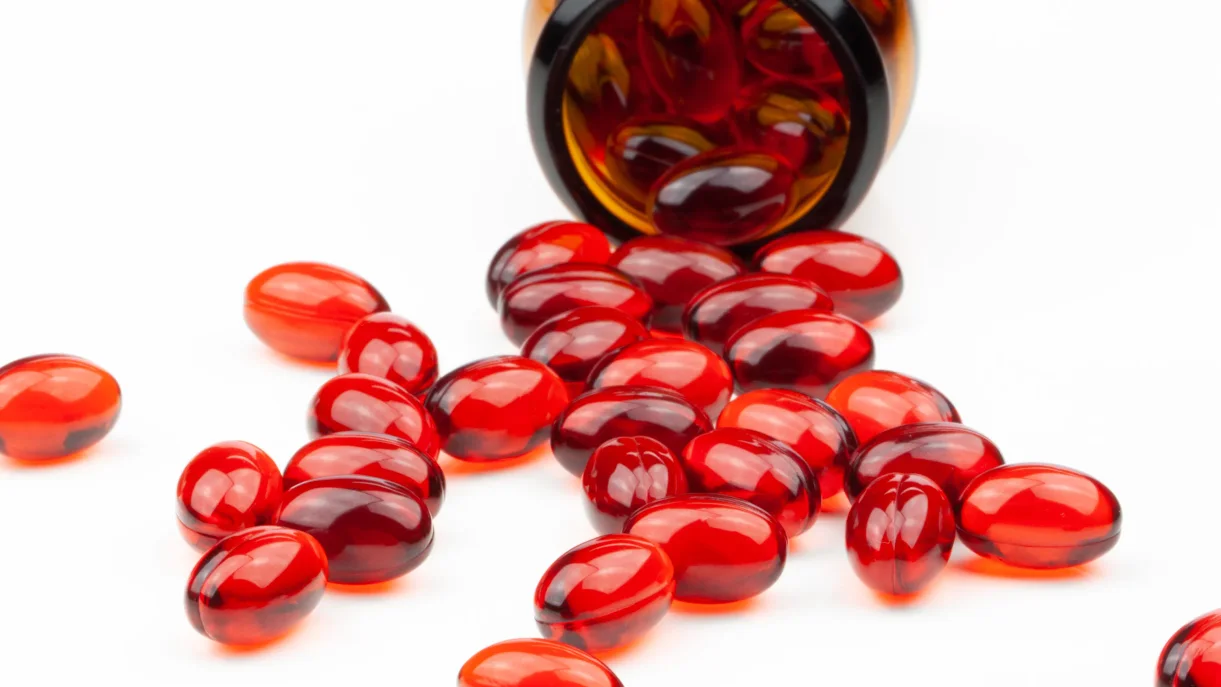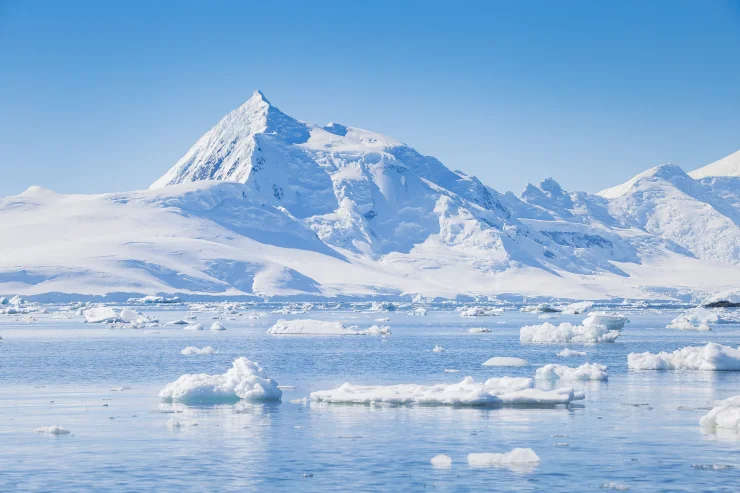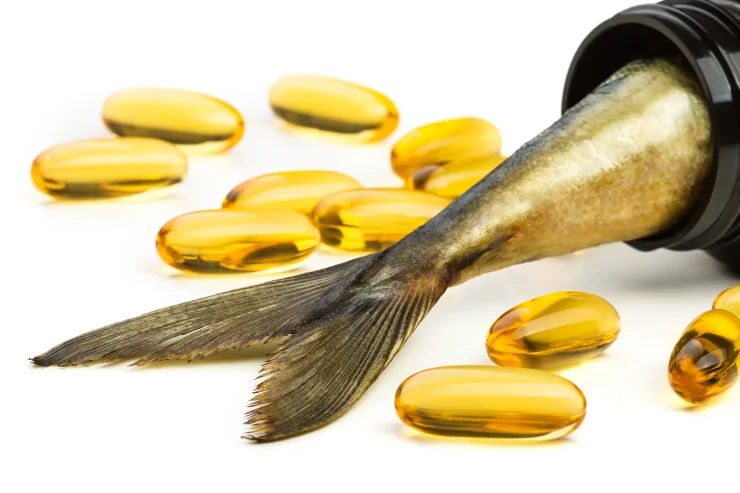So yes, fish oil may be the more affordable option, but it comes at a cost to your health. And what’s more, it’s not as effective as krill oil either. In one study, those who took Krill Oil…
- Slashed triglycerides by 19.48%...
- Cut down LDL cholesterol (the bad kind) in patients by 36%...
- And pumped up HDL cholesterol (the GOOD kind) by 50.25%!
By contrast, fish oil only showed a 4% improvement. So the benefits are obvious, especially when you get it from the purest source.
All that said, krill oil supplements may be a few dollars more than fish oil. But they shouldn’t be outrageously expensive.
At NativePath, we don’t think there should be a financial trade-off when it comes to living a healthy lifestyle. Which is why we do what we can to keep our prices as affordable as possible. Unfortunately, that’s not the case with every brand. So you may find yourself overpaying to keep your krill oil routine going.






